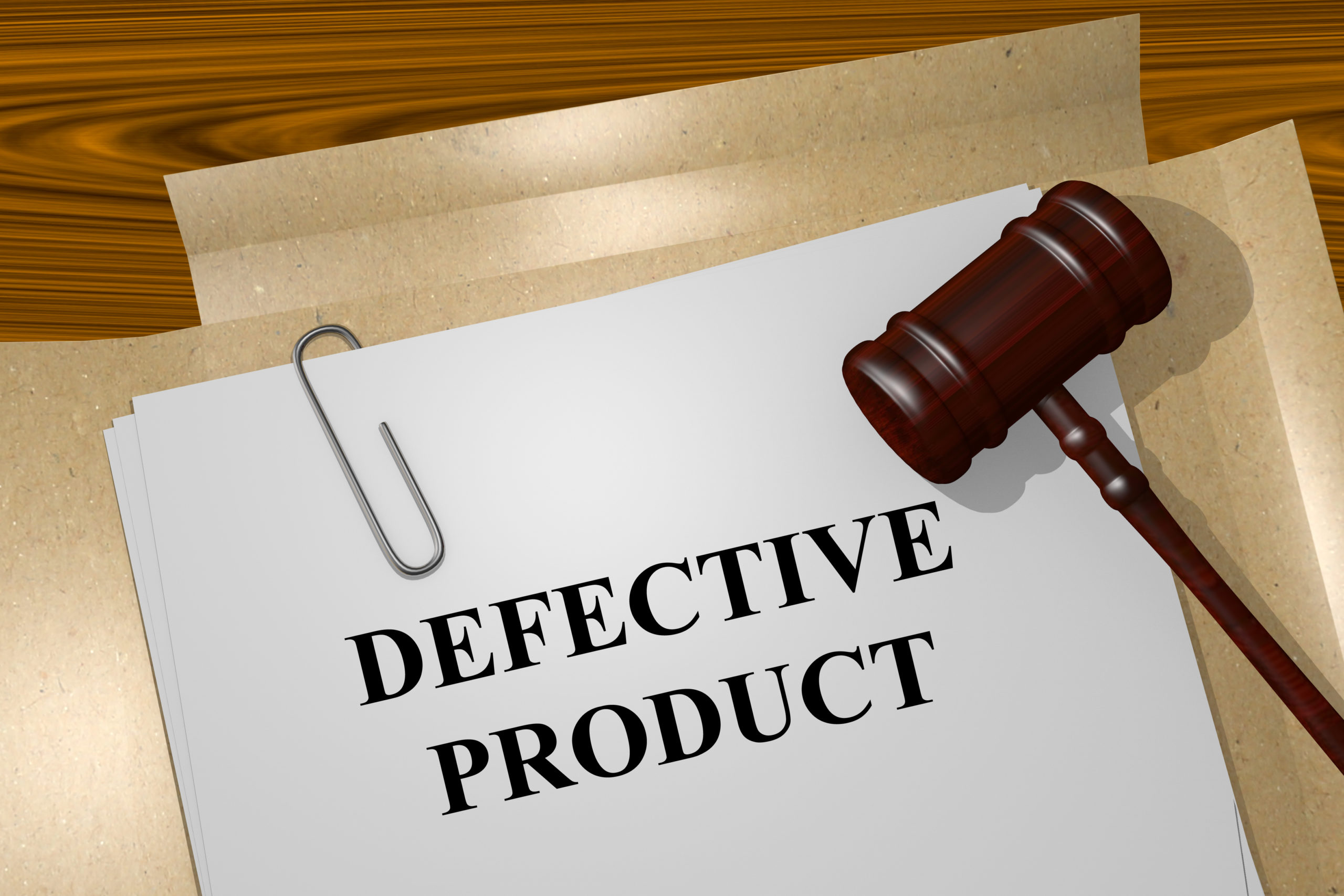
Defective Products: What’s My Case Worth?
Each year, defective products are to blame for many serious injuries caused by consumers. When this occurs, it can lead to lawsuits and thousands of dollars in treatments. But what is your case worth if you just so happen to be injured by one of these defective products? First, you should look at the different types of defective products to gain a better understanding of each:
- Defectively Manufactured Products: This is when the injury-causing product was defectively manufactured. This could be due to an error in making it, which occurs at the factory. The injury must have been caused by the manufacturing defect and not error solely on your own.
- Defectively Designed Products: In this category, a product’s design is dangerous or defective by nature. It involves the claim that an entire line of products is inherently dangerous, regardless of the fact that the injury-causing product was made perfectly according to the right specifications.
- Failure to Provide Adequate Warnings or Instructions: This type of claim involves failing to provide adequate warnings or instructions about the product’s proper usage. These claims usually involve a product that is dangerous in some way that isn’t obvious to a user or that requires the user to exercise special precautions or diligence when using the product. As all defective product types, the injury sustained must have resulted from the failure to warn or properly instruct.
Who Can You Typically Sue in a Case?
Things were different quite a few years ago. For instance, when it came to product liability claims in the past, these claims were limited to the person who purchased the item. However, this isn’t the case anymore – now, if you received the defective item as a gift, you can sue for damages as well. Here are some people and entities that could be held responsible if you are injured by a product:
- Parts Manufacturers
- Product Manufacturers
- Product Assemblers or Installers
- Wholesalers
- Retailers
You may also be familiar with a phrase known as res ipsa loquitor, which means ‘the thing speaks for itself.’ In some product liability cases where the defect happens due to negligence, a burden of proof shifts and you as the plaintiff no longer have to prove if the defendant was negligent. No, in these cases, the defendant is responsible for showing that it was not negligent. This makes the situation much easier on you.
What is Strict Liability?
Strict liability allows consumers to sue for a product defect that damages them without having to prove negligence. However, there are three conditions that need to be met before you make this claim. If you can prove these conditions, then you don’t need to prove carelessness on the seller or maker’s part. The following are true:
- The product had an unreasonably dangerous defect that injured the user. The defect occurred in the design, manufacture, shipping, or handling.
- The defect caused injury to the consumer while it was being used as intended.
- The product was not altered in any substantial way to affect performance.
Product liability law can be extremely complex and require the counsel of an experienced attorney. You should always come prepared with the basics about what to expect from a case involving negligence and defective products. You can contact MDL today for a free consultation. Call now!

















